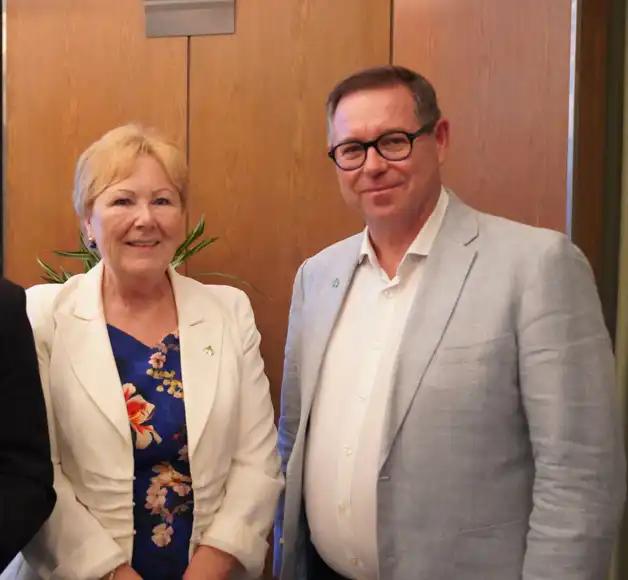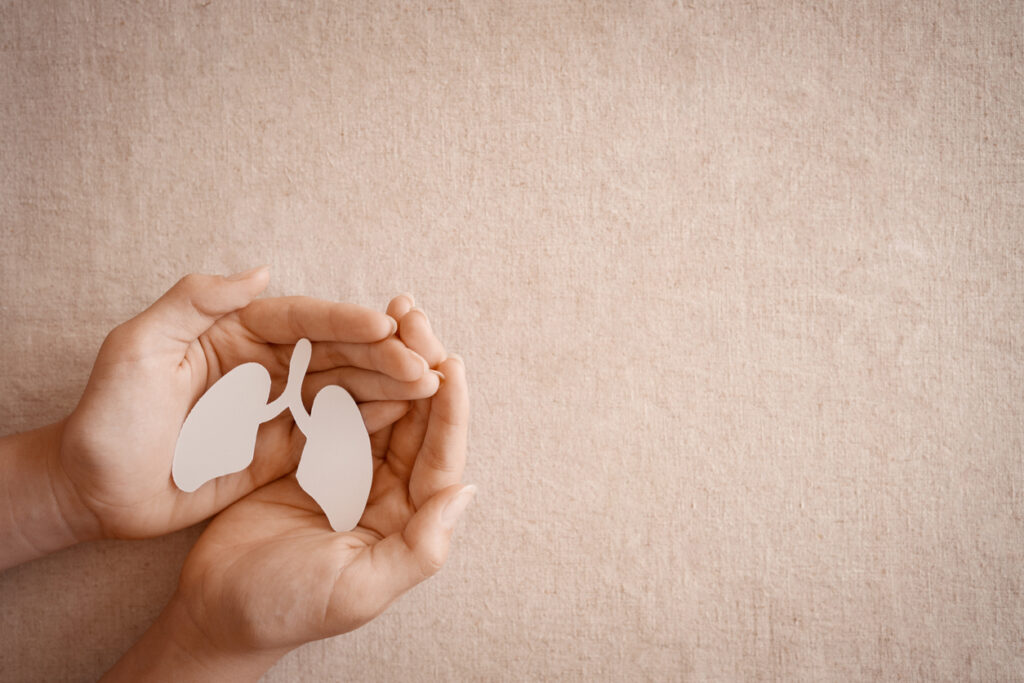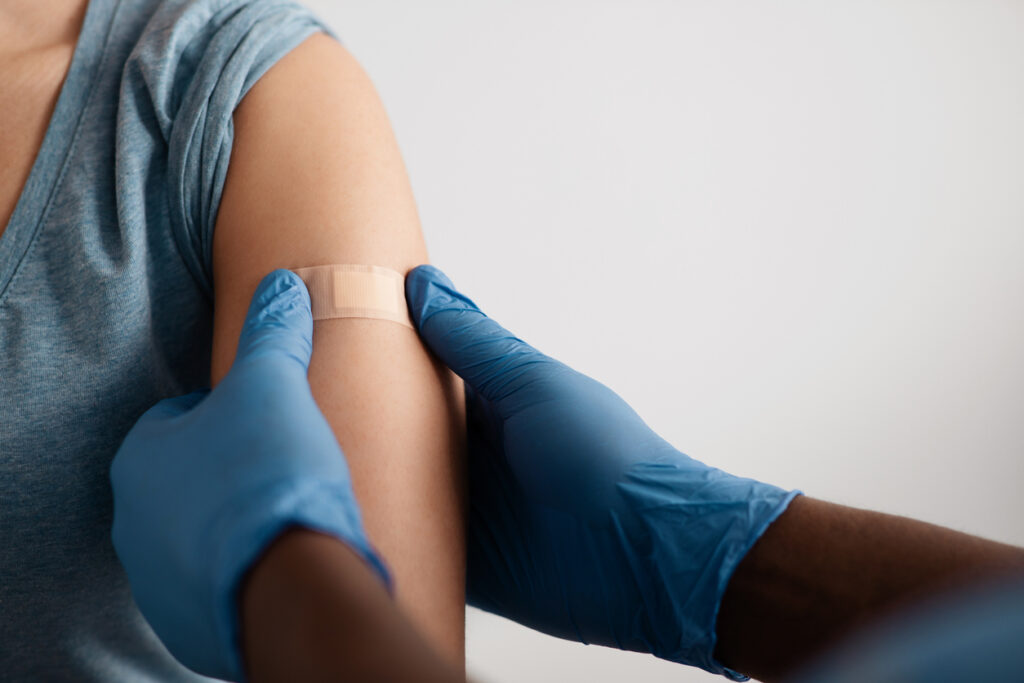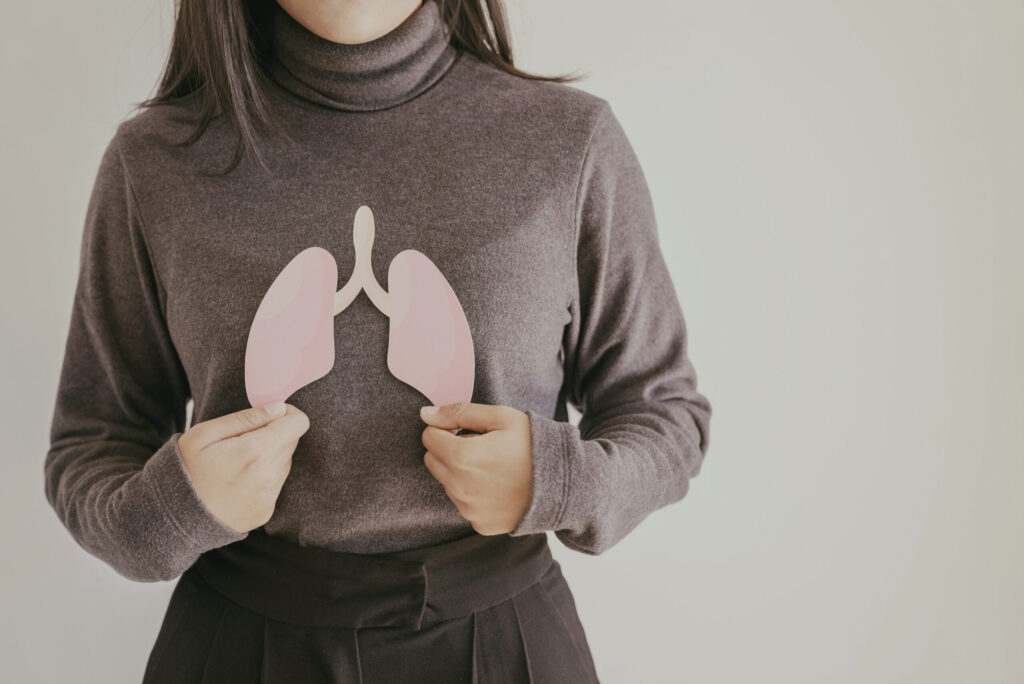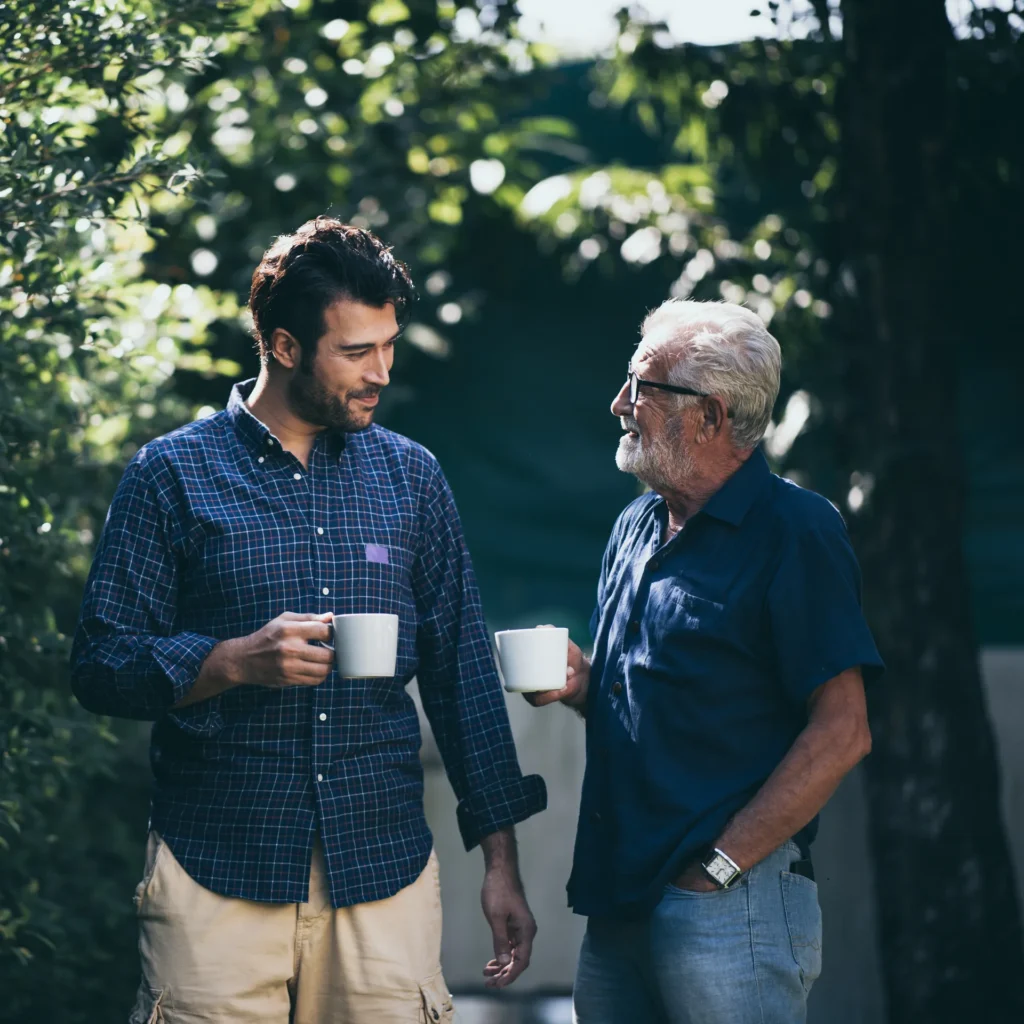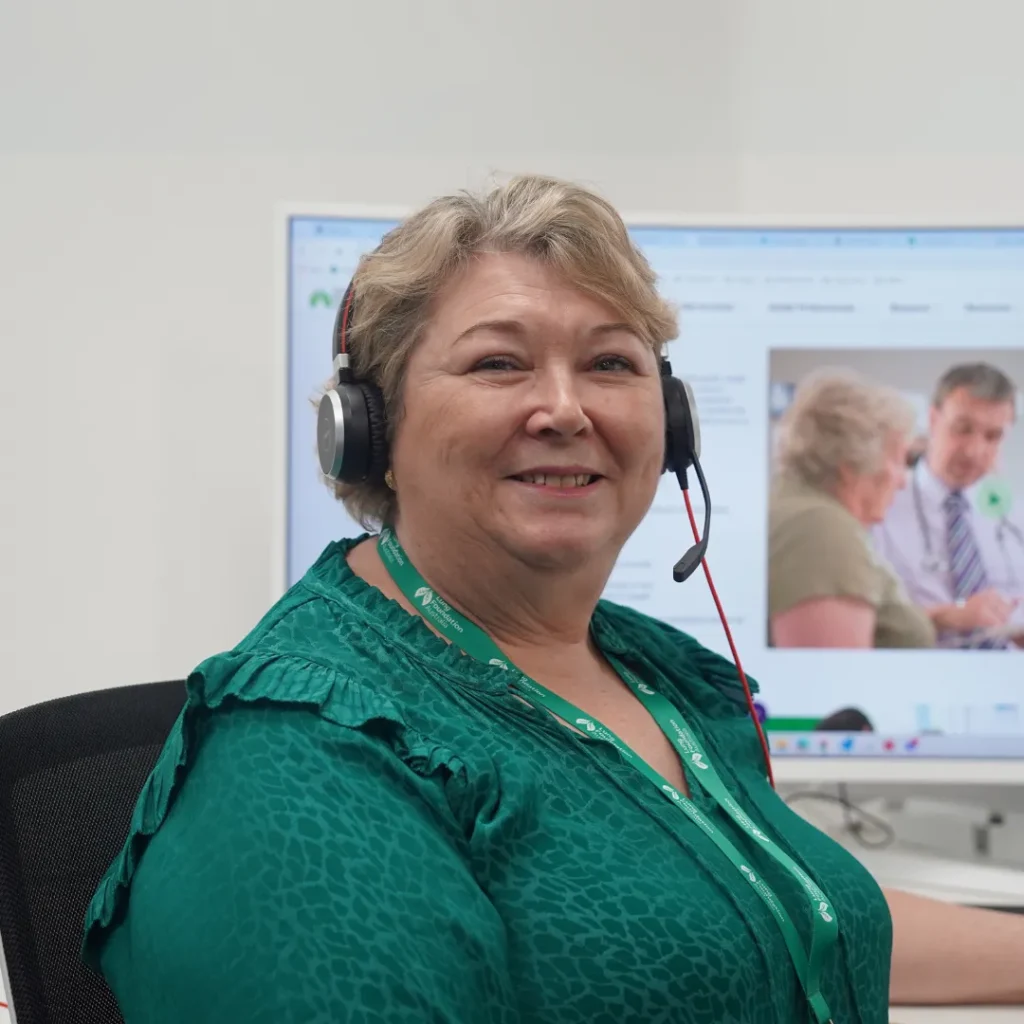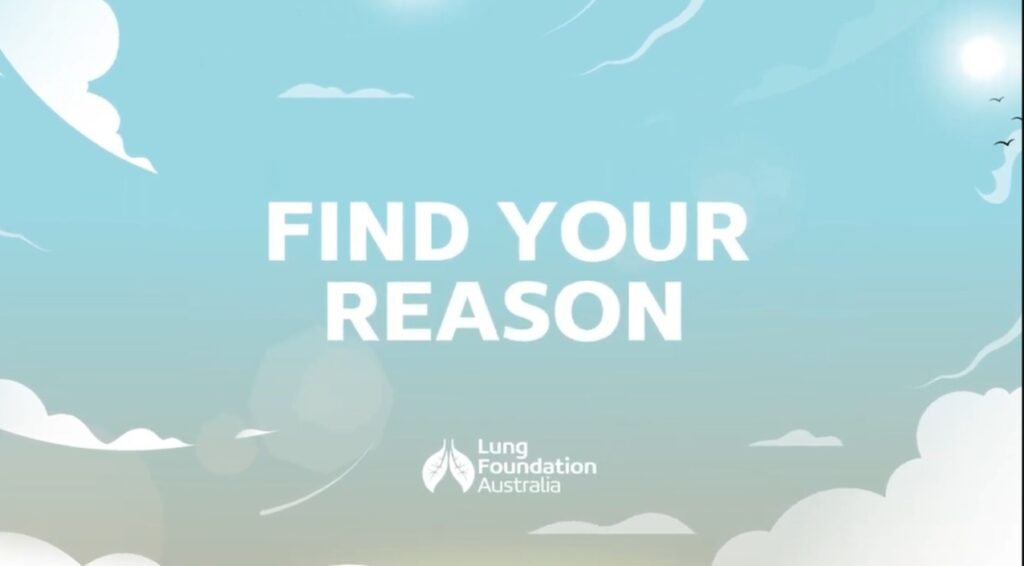Welcome to our new website!
We’re still fine-tuning things, so thanks for your patience if you spot any issues. If you’d like to share your feedback, click the ‘Feedback’ button in the bottom right corner of the page. While we can’t action every suggestion, all ideas guide our future improvements.
